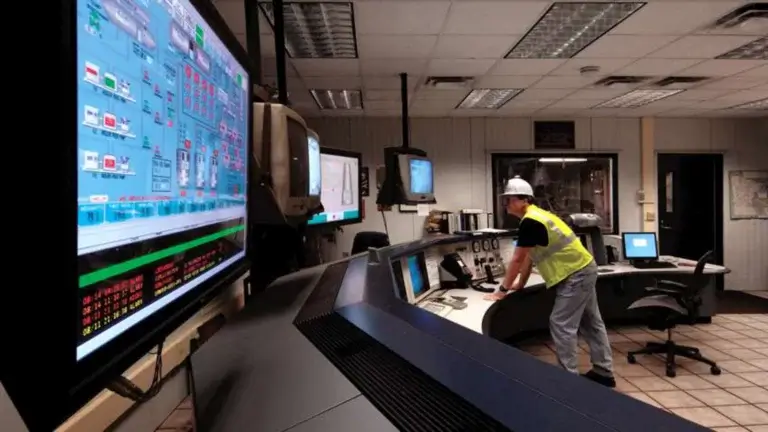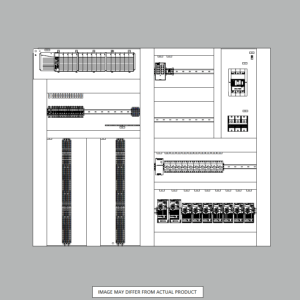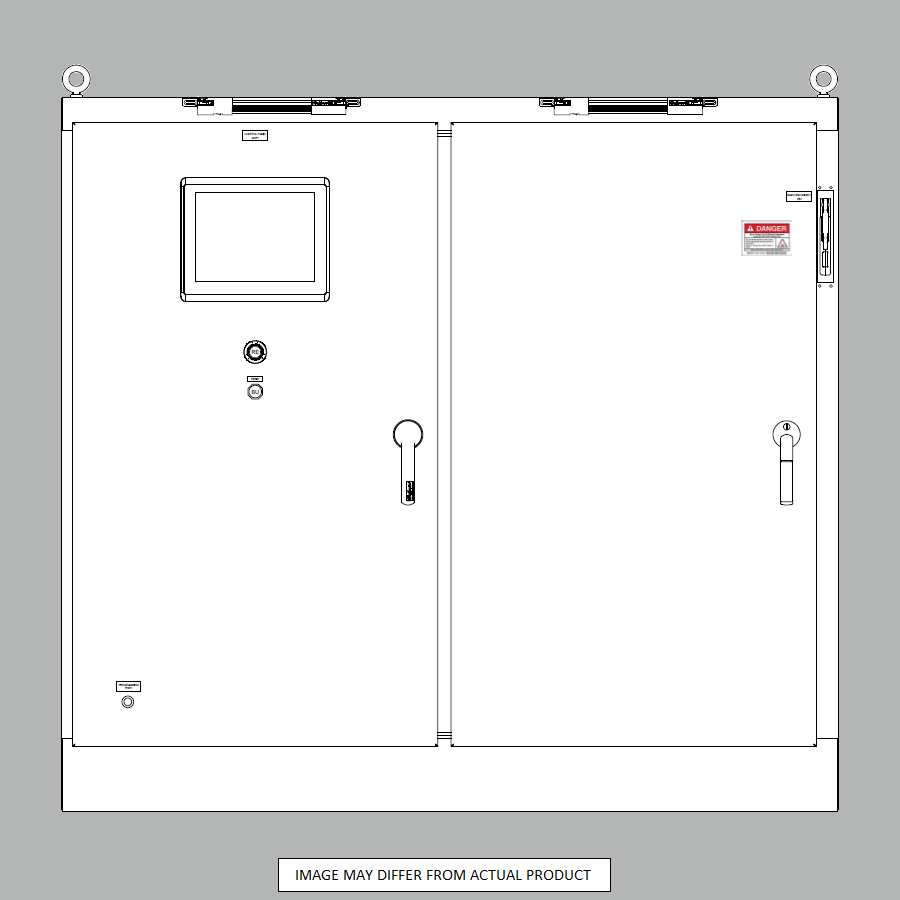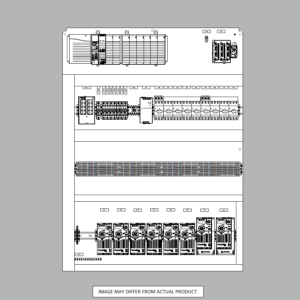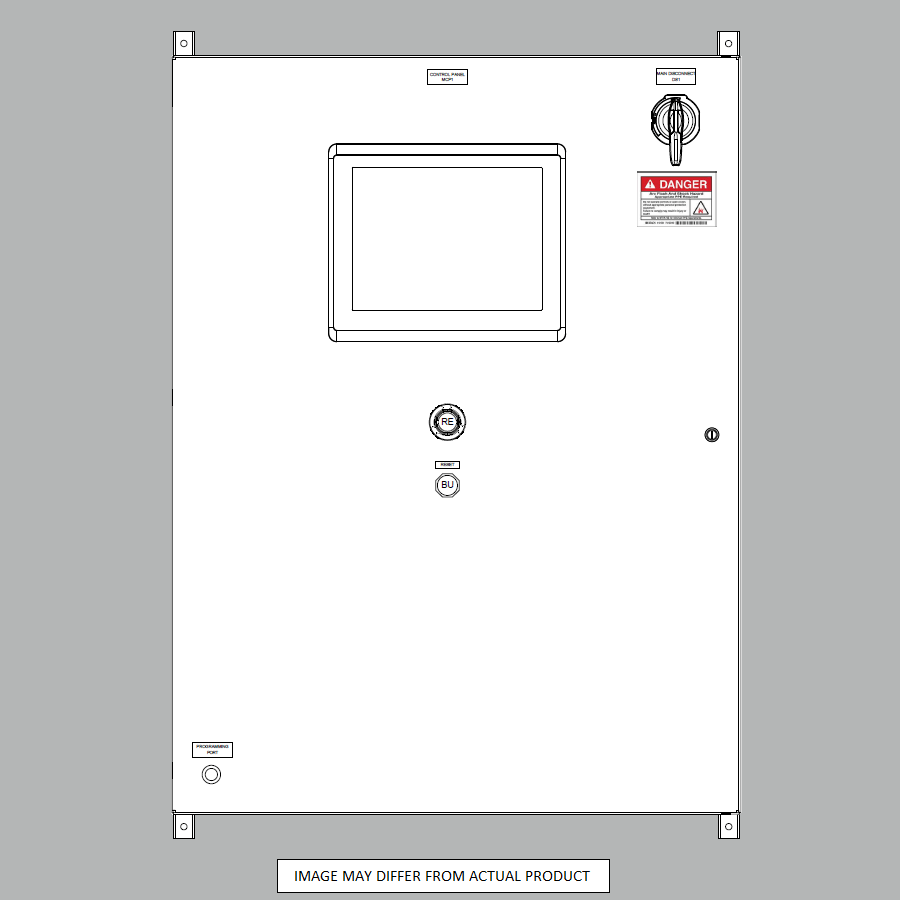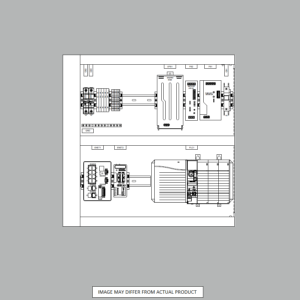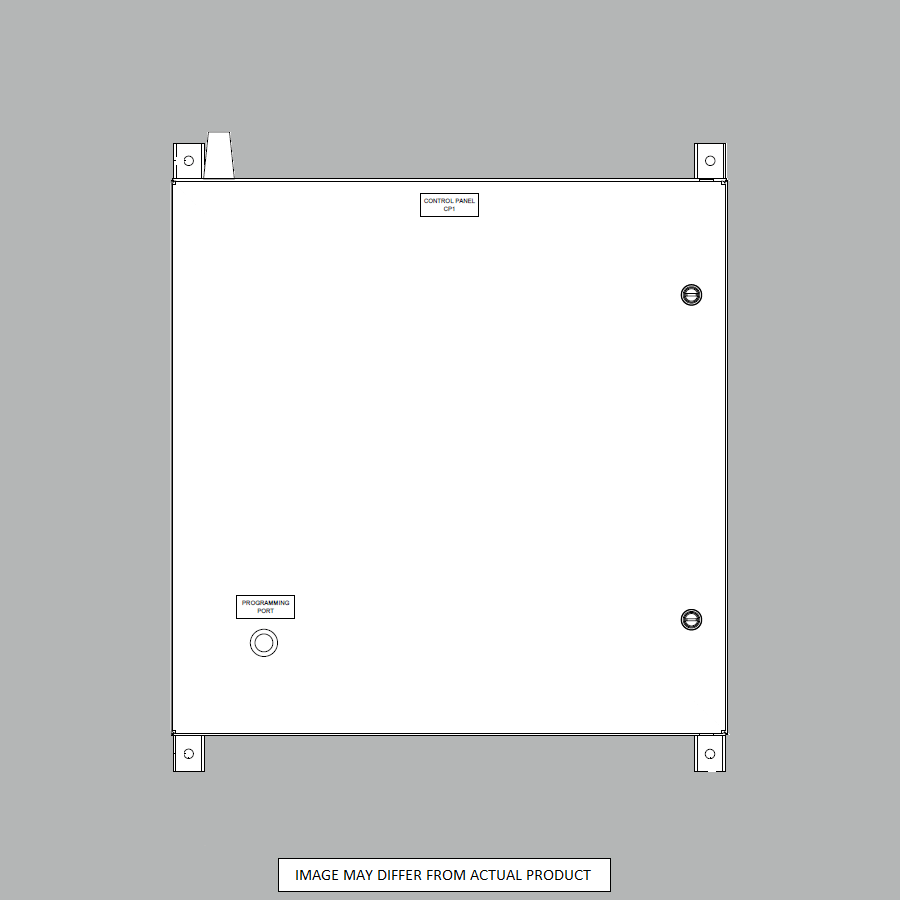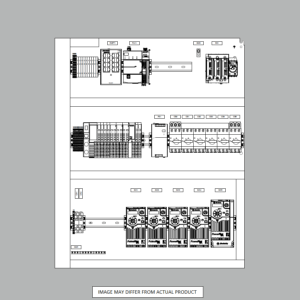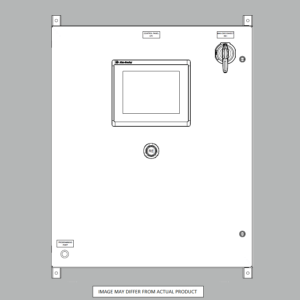PlantPax: Transforming the Chemical Industry
In today’s fast-paced chemical industry, staying ahead of the curve is crucial. As manufacturers face increasing pressure to boost efficiency, maintain safety, and adapt to ever-changing market demands, a revolutionary solution has emerged: PlantPax. This cutting-edge Distributed Control System (DCS) is transforming chemical plants worldwide, offering unparalleled control, flexibility, and insight into complex processes.
This article delves into the world of PlantPax, exploring its pivotal role in chemical automation. We’ll uncover:
- How PlantPax addresses the unique challenges of the chemical industry
- The tangible benefits of implementing this advanced DCS solution
- Best practices for seamless integration and maximizing PlantPax’s potential
Whether you’re a plant manager looking to upgrade your existing systems or an engineer curious about the latest in process control technology, this comprehensive guide will equip you with the knowledge to harness the power of PlantPax.
Understanding PlantPax
What is PlantPax?
PlantPax is a state-of-the-art Distributed Control System (DCS) designed to revolutionize process automation in various industries, with a particular focus on the chemical sector. Developed by Rockwell Automation, PlantPax combines the robust functionality of traditional DCS systems with the flexibility and scalability of modern, software-based solutions.
At its core, PlantPax is an integrated platform that brings together control, safety, and information management into a single, cohesive system. It’s built to handle the complex demands of chemical processing, from batch operations to continuous flow processes, all while maintaining strict safety standards and operational efficiency.
Key features and benefits
PlantPax stands out in the world of process automation thanks to its impressive array of features:
- Unified architecture: PlantPax integrates seamlessly with other Rockwell Automation products, creating a cohesive ecosystem for plant-wide control.
- Scalability: Whether you’re running a small batch operation or a massive continuous process plant, PlantPax can be tailored to fit your needs.
- Advanced process control: Built-in algorithms and modeling capabilities allow for sophisticated control strategies, optimizing your processes in real-time.
- Intuitive human-machine interface (HMI): Operators benefit from clear, easy-to-understand graphics and interfaces, reducing the likelihood of errors and improving response times.
- Robust safety features: PlantPax incorporates Safety Instrumented Systems (SIS) to ensure compliance with stringent industry safety standards.
- Data analytics: Powerful tools for collecting, analyzing, and visualizing process data help drive informed decision-making.
- Open communication: PlantPax supports a wide range of industry-standard protocols, making it easy to integrate with existing equipment and third-party systems.
PlantPax’s role in a Distributed Control System (DCS)
In the realm of Distributed Control Systems, PlantPax serves as the central nervous system of your plant operations. It coordinates the various components of your process, from sensors and actuators to complex control loops and safety systems.
PlantPax goes beyond traditional DCS functionality by offering:
- Distributed intelligence: Control logic can be executed closer to the process, reducing network traffic and improving response times.
- Centralized management: Despite its distributed nature, PlantPax provides a unified view of your entire operation, allowing for efficient oversight and coordination.
- Flexibility in architecture: You can design your system to fit your specific needs, whether that’s a highly centralized setup or a more distributed approach.
- Seamless integration: PlantPax plays well with other systems, from PLCs to SCADA, creating a harmonious automation environment.
By serving as the backbone of your plant’s automation strategy, PlantPax enables smoother operations, better decision-making, and ultimately, a more competitive chemical manufacturing process.
PlantPax in the Chemical Industry
Addressing Specific Challenges
The chemical industry presents a unique set of challenges that demand advanced automation solutions. PlantPax has been specifically designed to address these hurdles:
- Complex processes: Chemical manufacturing often involves intricate reactions, precise temperature control, and careful material handling. PlantPax’s advanced control algorithms and modeling capabilities allow for precise management of these complex processes, ensuring consistency and quality in your output.
- Strict safety regulations: With potentially hazardous materials and reactions, safety is paramount in chemical plants. PlantPax incorporates robust Safety Instrumented Systems (SIS) and advanced alarm management features to help maintain a secure operating environment and meet rigorous industry standards.
- High demand for efficiency: In a competitive market, optimizing resource usage and minimizing waste is crucial. PlantPax’s real-time monitoring and control capabilities, coupled with its data analytics tools, help identify inefficiencies and opportunities for improvement.
- Need for scalability: Chemical plants must be able to adapt to changing market demands. PlantPax’s modular architecture allows for easy scaling of operations, whether you’re expanding production or introducing new product lines.
Key Applications of PlantPax in Chemical Plants
PlantPax’s versatility makes it an ideal solution for various aspects of chemical manufacturing:
- Batch Processing:
- Recipe management
- Precise control of reaction conditions
- Automated material handling and dosing
- Continuous Processing:
- Steady-state control of flow rates, temperatures, and pressures
- Real-time quality monitoring
- Adaptive control strategies for process optimization
- Hybrid Processes:
- Seamless integration of batch and continuous operations
- Flexible production scheduling
- Efficient transitions between product grades or types
- Safety Instrumented Systems (SIS):
- Implementation of safety interlocks
- Emergency shutdown procedures
- Compliance with IEC 61511 and other relevant standards
- Data Analytics and Optimization:
- Real-time process monitoring
- Predictive maintenance
- Energy consumption analysis
- Yield optimization
By addressing these key areas, PlantPax provides a comprehensive solution for chemical manufacturers looking to enhance their operations across the board.
Benefits of Implementing PlantPax
Enhanced Efficiency
One of the most significant advantages of implementing PlantPax is the marked improvement in operational efficiency. This manifests in several ways:
- Reduced Downtime:
- PlantPax’s predictive maintenance capabilities help identify potential issues before they lead to equipment failure.
- Rapid troubleshooting tools allow for quicker resolution of problems when they do occur.
- Streamlined Workflows:
- Automated sequences and recipes reduce the need for manual intervention.
- Intuitive operator interfaces minimize the risk of human error.
- Real-time Monitoring and Control:
- Continuous process optimization based on current conditions.
- Rapid response to deviations from optimal parameters.
Improved Safety
Safety is a top priority in chemical manufacturing, and PlantPax delivers robust features to ensure a secure operating environment:
- Advanced Alarm Management:
- Prioritized alarm systems help operators focus on critical issues.
- Intelligent alarm suppression reduces alarm fatigue.
- Robust Safety Instrumented Systems (SIS):
- Integration of safety functions with process control.
- Compliance with industry safety standards like IEC 61511.
Scalability and Flexibility
In an industry where adaptability is key, PlantPax shines:
- Adapting to Changing Production Demands:
- Easily scale up or down based on market needs.
- Quick introduction of new products or processes.
- Seamless Integration with Other Systems:
- Compatible with a wide range of PLCs, HMIs, and third-party equipment.
- Open architecture allows for future expansion and upgrades.
Data-Driven Decision Making
PlantPax transforms raw data into actionable insights:
- Analytics and Reporting Capabilities:
- Customizable dashboards for real-time performance monitoring.
- Historical trend analysis for process improvement.
- Optimization Opportunities:
- Identify bottlenecks and inefficiencies in your processes.
- Simulate and test process changes before implementation.
Cost Savings
While the initial investment in PlantPax may seem significant, the long-term benefits often result in substantial cost savings:
- Lower Total Cost of Ownership (TCO):
- Reduced maintenance costs through predictive maintenance.
- Fewer unplanned shutdowns and production losses.
- Increased Productivity:
- Higher throughput and yield optimization.
- Reduced waste and rework.
- Optimized Energy Use:
- Advanced control strategies for energy-intensive processes.
- Monitoring and reduction of utility consumption.
By leveraging these benefits, chemical manufacturers can achieve a competitive edge in an increasingly challenging market landscape.
Implementing PlantPax: Best Practices
How to Choose the Right PlantPax System Integrator
Selecting the right system integrator is crucial for a successful PlantPax implementation. Consider the following factors:
- Experience in the chemical industry
- Certified PlantPax expertise
- Track record of successful implementations
- Understanding of your specific processes and goals
- Ability to provide ongoing support and training
Migration from Legacy Systems
Transitioning from older control systems to PlantPax requires careful planning:
- Conduct a thorough assessment of your current system
- Develop a phased migration strategy to minimize disruptions
- Consider a parallel run of old and new systems during transition
- Ensure data integrity and continuity during the migration process
Training and Support for Plant Personnel
Proper training is essential for maximizing the benefits of PlantPax:
- Provide comprehensive training for operators, engineers, and maintenance staff
- Utilize hands-on simulations and scenario-based learning
- Offer ongoing support and refresher courses
- Develop internal PlantPax champions to drive adoption and best practices
Step-by-Step Implementation Process
A successful PlantPax implementation typically follows these steps:
- Assess Needs and Define Goals:
- Identify current pain points and areas for improvement
- Set clear, measurable objectives for the new system
- Design and Engineering:
- Develop a detailed system architecture
- Configure control strategies and safety systems
- Design HMI screens and reporting tools
- Installation and Configuration:
- Install hardware components and network infrastructure
- Configure software and integrate with existing systems
- Implement cybersecurity measures
- Testing and Commissioning:
- Conduct thorough system tests, including Factory Acceptance Tests (FAT) and Site Acceptance Tests (SAT)
- Verify all safety functions and interlocks
- Perform operator training on the live system
- Ongoing Maintenance and Support:
- Establish regular maintenance schedules
- Implement system backups and disaster recovery procedures
- Provide a mechanism for continuous improvement and system optimization
By following these best practices, you can ensure a smooth transition to PlantPax and maximize the return on your investment.
The Future of PlantPax and the Chemical Industry
PlantPax and Industry 4.0
As we move further into the era of Industry 4.0, PlantPax is well-positioned to play a central role in the digital transformation of chemical manufacturing:
- Internet of Things (IoT) integration: PlantPax can seamlessly connect with smart sensors and devices, creating a more interconnected and responsive plant environment.
- Machine learning and artificial intelligence: Future iterations of PlantPax are likely to incorporate more advanced AI capabilities, enabling predictive analytics and autonomous optimization.
- Digital twin technology: PlantPax could serve as the foundation for creating digital replicas of physical plants, allowing for more accurate simulations and scenario planning.
Cloud Integration and Remote Access
The trend towards cloud computing and remote operations is set to impact PlantPax implementations:
- Cloud-based data storage and analytics: Leveraging cloud infrastructure for big data processing and advanced analytics.
- Remote monitoring and control: Enabling secure access to plant operations from anywhere in the world, facilitating better decision-making and support.
- Collaborative environments: Cloud-based PlantPax systems could allow for easier collaboration between different sites or even different companies in the supply chain.
Advancements in Data Analytics and AI
As data analytics and AI technologies evolve, PlantPax is likely to incorporate more sophisticated capabilities:
- Predictive maintenance: More accurate forecasting of equipment failures and maintenance needs.
- Autonomous optimization: AI-driven systems that can adjust process parameters in real-time without human intervention.
- Pattern recognition: Identifying complex relationships in process data that humans might miss, leading to new insights and improvements.
Sustainability and PlantPax
With increasing focus on environmental sustainability, PlantPax is poised to play a crucial role:
- Energy optimization: Advanced control strategies to minimize energy consumption and reduce carbon footprint.
- Waste reduction: Improved process control leading to less off-spec product and reduced waste.
- Circular economy enablement: PlantPax could help manage complex recycling processes or the integration of bio-based feedstocks.
As these trends continue to shape the chemical industry, PlantPax will likely evolve to meet new challenges and opportunities, cementing its position as a key enabler of modern, efficient, and sustainable chemical manufacturing.
Conclusion
PlantPax has emerged as a game-changing solution in the chemical industry, addressing the sector’s unique challenges while paving the way for future innovations. From enhancing operational efficiency and safety to enabling data-driven decision-making and cost savings, PlantPax offers a comprehensive toolkit for chemical manufacturers looking to stay competitive in an increasingly complex market.
As we’ve explored in this article, the benefits of implementing PlantPax are far-reaching and tangible. Whether you’re struggling with complex processes, striving to meet stringent safety regulations, or looking to optimize your plant’s performance, PlantPax provides the flexibility, scalability, and advanced features needed to transform your operations.
The future of chemical manufacturing is undoubtedly digital, and PlantPax is at the forefront of this revolution. As the industry continues to evolve, embracing solutions like PlantPax will be crucial for companies aiming to thrive in the age of Industry 4.0 and beyond.
Are you ready to take your chemical plant to the next level? Don’t let outdated systems hold you back. Explore the transformative potential of PlantPax with Automation Ready Panels. Our team of certified experts specializes in custom PlantPax implementations tailored to your unique needs. From initial assessment to ongoing support, we’re here to guide you every step of the way. Contact Automation Ready Panels today to discover how PlantPax can revolutionize your chemical manufacturing processes and drive your business forward. The future of chemical automation is here – are you ready to embrace it?
-
Large Process Automation: Panelview 5000, ControlLogix 5580
$24,073.00 Select options -
Small Process Automation: Panelview 5000, ControlLogix 5580
$20,321.00 Select options -
Small Process Automation: ControlLogix 5580, UPS Battery Backup, Cellular Modem
$18,999.00 Select options -
Advanced Automation: Panelview 5000, Safety CompactLogix 5380
$10,269.00 Select options

